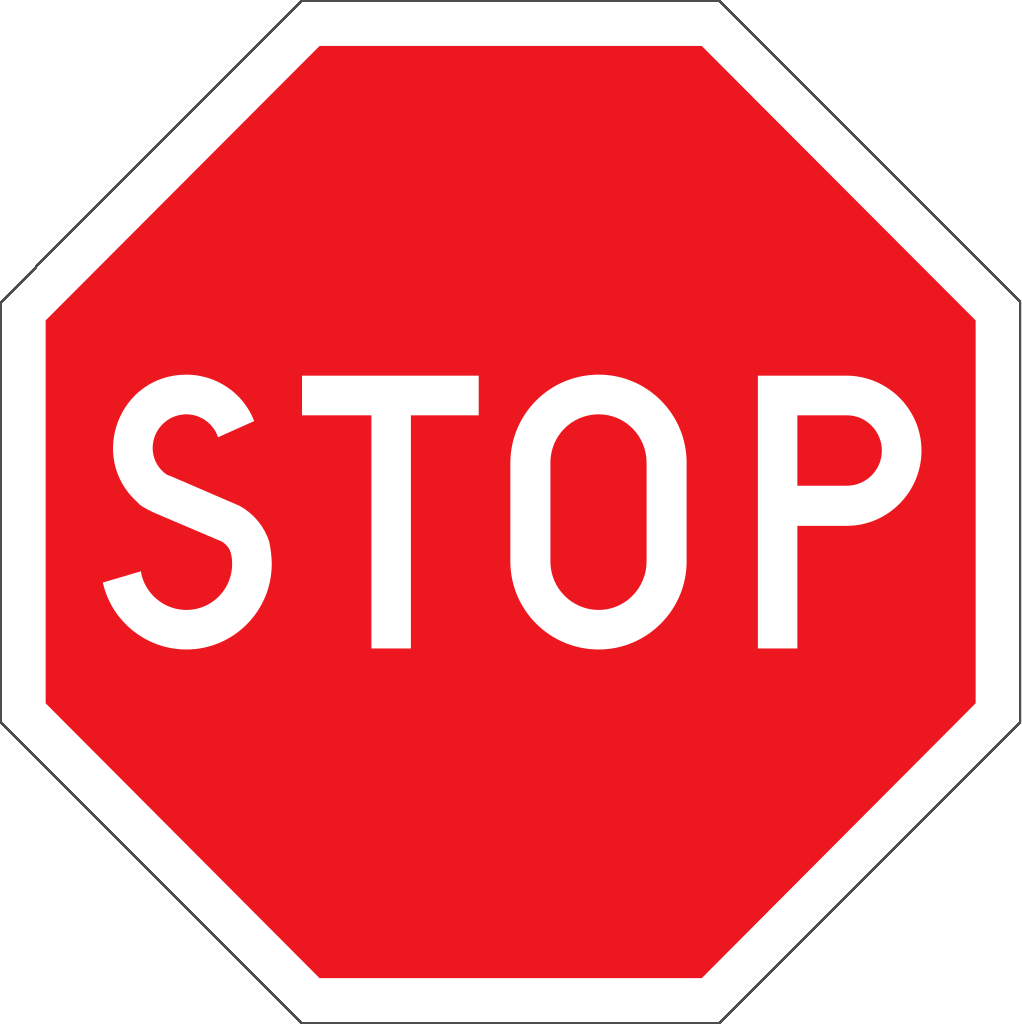 I was thinking about the nature of artificial intelligence, and our current definition of it. Basically it is humanities attempt to emulate a free thinking and self reliant system. When you usethe phrase people tend to think about robots, sci-fi, movies with Jude Law, etc. As I considered it more and more, I moved towards robots, and their place in our society. About how robots have begun to "replace" humans in within certain fields. I put quotes around "replace" because I think, quite frankly, certain jobs have taken whole new levels of complexity since the flawed human mind has been nixxed. Data mining, for example, could never have been done solely by humans. We lack the processing power necessary to compute huge amounts of data in a small amount of time, and in the world of advertising (one industry that relies more and more on data mining) time is of the essence; what with the fickle minds of the consumer changing every 2 days. In this way computers have created new jobs, possibly as many as might've been lost? I don't really care to get into that, so I digress. Instead I want to talk about the stop sign.
I was thinking about the nature of artificial intelligence, and our current definition of it. Basically it is humanities attempt to emulate a free thinking and self reliant system. When you usethe phrase people tend to think about robots, sci-fi, movies with Jude Law, etc. As I considered it more and more, I moved towards robots, and their place in our society. About how robots have begun to "replace" humans in within certain fields. I put quotes around "replace" because I think, quite frankly, certain jobs have taken whole new levels of complexity since the flawed human mind has been nixxed. Data mining, for example, could never have been done solely by humans. We lack the processing power necessary to compute huge amounts of data in a small amount of time, and in the world of advertising (one industry that relies more and more on data mining) time is of the essence; what with the fickle minds of the consumer changing every 2 days. In this way computers have created new jobs, possibly as many as might've been lost? I don't really care to get into that, so I digress. Instead I want to talk about the stop sign.After all, what simpler a form of artificial intelligence can you get? A sign that says stop is an easy solution to the problem "what happens when two roads meet?" Of course, you could put a traffic control officer at the intersection 24 hours a day, but that has it's downfalls. Economics, and the fragility of human health are just two of many issues. So instead we used the stop sign even before traffic lights to stimulate a sort of "social program" that follows all the basic rules of a programming language, an artificial intelligence, if you will. First person to stop goes first, yield to the guy on the right, come to a complete stop, show your turn signal, etc. When you take a step back and stop thinking about the individual drivers, you realize that the road way works in many ways like a single organism that has been programmed much like a computer.
For a large organism to exhibit free will it must be made up of smaller organisms whose survival relies on the survival of its host. Much like our society, with its countless free ranging little people that make up the whole, our own blood cells are merely parasites hundreds of thousands of years evolved until both the whole creature and each cell finds each other too necessary to separate. To use the roadway analogy, our road system has the characteristics of artificial intelligence but only because every part involved does indeed have free will. Boil the road way down, and its just a bunch of drivers in their cars. So can we emulate this with electronics? Its something i don't know much about beyond being a moderately well read person and a bit of a philosopher, so I can't say. I will say however that if society is in many ways a computer program, it can be treated as such. The rules (in the words of the matrix) can be bent, and sometimes broken. Perhaps I've always been fascinated by hackers not through their mastery of computers, but in their belief, one that was far ahead of its time, that rules are created not to obey, but to test...in computers or otherwise.
I, for one, have no problem being a life-hacker...or whatever the hell else you want to call "proud to understand the system"